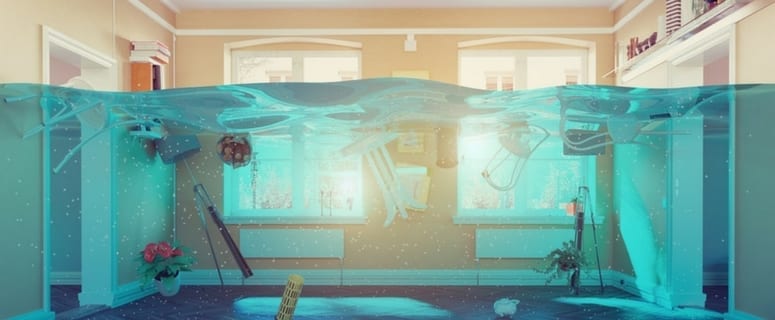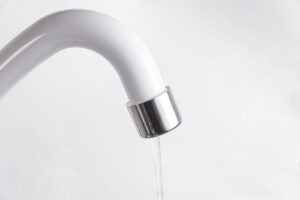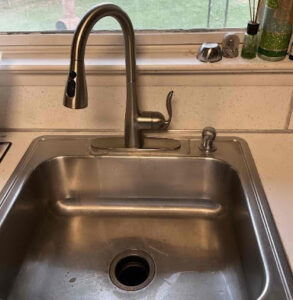How to Avoid the Most Common Plumbing Emergencies
When you own a home, there’s always a certain amount of anxiety when things go wrong somewhere. A faulty air conditioner, a broken window or other damage can be very costly, and you’re the only person that can fix these things or pay for the repairs.
So when something goes wrong with your plumbing, that can be a pretty big deal. But there are ways to prevent some of the more common plumbing emergencies from even happening.
Fixtures with Leaks
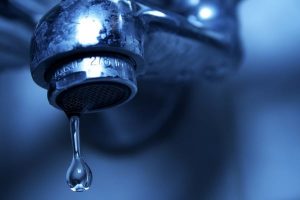
If that’s not stopping a leak, the next most common issue is that some small, easily replaceable part, such as the washer or O-ring, has worn out after years of use.
Just buy the replacement part, get yourself a wrench, and in a few minutes, this issue can usually be cleared up.
Drains That Are Blocked

Then it started catching other matter on the way out, causing a build-up. For many homeowners, the blocked drain is not sudden, nor is it unexpected; it usually happens because people decided to ignore the “early warning,” which is a slow drain.
If you notice that your drain is emptying out slower than before, it means you’ve already got a partial blockage. Continuing to pretend this isn’t happening guarantees a slow drain in your future, so prevent this from happening! Get a plunger, plumber’s auger, or even off-the-shelf drain cleaners and don’t let that build-up get worse.
Overflowing Toilets
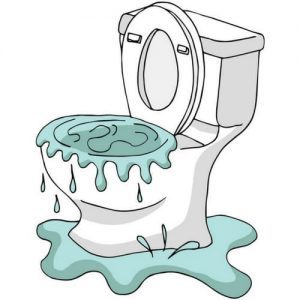
Toilets are built to safely eliminate only two things; human waste and toilet paper, which is manufactured to start breaking upon contact with water. Everything else that is put into a toilet has the potential to stick in the pipe and jam it up.
So if you’ve been using your toilet to get rid of cigarettes, disposable diapers, rags, tampons, or even paper towels from the kitchen, this is what’s blocked things up. Don’t put these foreign objects into your toilet, and try not to let your children flush other things down for fun.
Pipes Bursting
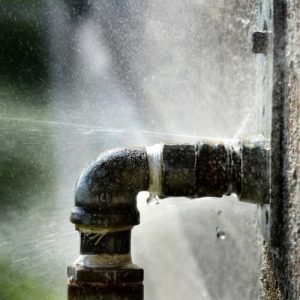
That’s too old; it’s time for replacement before metal fatigue sets in. Water pipes, on the other hand, are vulnerable to very cold temperatures.
Winter can sometimes freeze the water in pipes, and if that happens, a full water pipe freezing into ice will rupture.
Once the ice melts, the now broken water pipe will constantly leak, so try to insulate parts of your water pipe infrastructure that are vulnerable to freezing, and this will take care of the issue.
Home life in Allentown, PA should be quiet and trouble-free. You can ensure it stays that way by keeping an eye on small problems in your plumbing, and taking care of them with preventive measures so they don’t get bigger.

